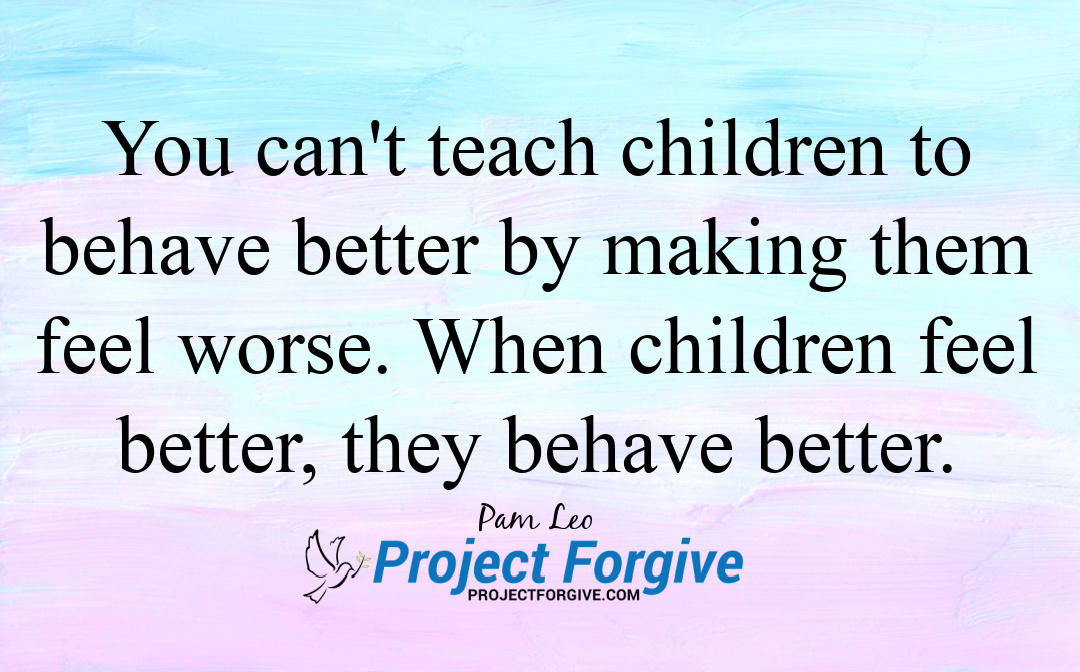As parents and grandparents, we want our children to develop great judgement. In order to ensure they do; we often try to control the quality of the people around them.
We disapprove of some of the friends they bring home, some of the significant others they pick out, and some of the internet influencers they idolize.
We think they can learn great judgement simply by watching it, but in reality, they need to practice it themselves.
Here are 3 tips to help your child or grandchild practice and develop great judgement:
ROLE REVERSAL
Ask your child for advice, even when you don’t need it. When the problems they’re solving are not their own, they will employ more logic than they usually do.
The emotions and social pressures that normally impact their judgement won’t be relevant in these cases, and without realizing it, they’ll get to practice using logic to make decisions.
Asking them for advice on more “grown-up” issues also allows them to practice working with bigger, more complex, and more mature challenges.

CONSIDER THE CONSEQUENCES
Teach your child to think in terms of consequences, both good and bad, by incorporating if/then statements into your conversations and reflections.
When your child has a decision to make, big or small, have them write down or vocalize “If I [this], then [this will happen].” Have them brainstorm as many potential consequences as possible for each decision.
Some will work, some won’t, but in having them do this reflection, you’ll be building in them a habit of considering consequences before making their next move.
This habit will quickly start to show up in your child’s decision-making process, even when you’re not around to prompt it.
REWARD GOOD JUDGEMENT
Reward any ounce of good judgement you see your child practicing on their own. If you see them decide to go to bed at a reasonable hour, eat a healthy snack, ditch a troublesome friend, or do their homework despite feeling lazy – let them know, “Hey! That was great judgement!”
And ask “What made you make that decision?” This will give them a chance to verbally reflect on the line of thinking they used to make this good decision.

Subconsciously, they’ll realize that using good judgement got them attention, praise, and an opportunity to talk about themselves.
According to the adolescent mind, these are incredible mental and emotional rewards and chances are, your child will do what they have to do to get more of them.
Truly, good judgement takes more than observation. It takes practice.
Be sure to try out these strategies with your child and let them begin to build the habit of acting out of wisdom and careful consideration.
What’s the first topic you’re going to ask your child for advice on?
If inspired, please share.
Related Articles:
14 Essential House Rules with Grandparents’ Wisdom for Positive Behavior
Praise Shapes Your Child & Grandchild’s Behavior: 40 Things to Acknowledge


